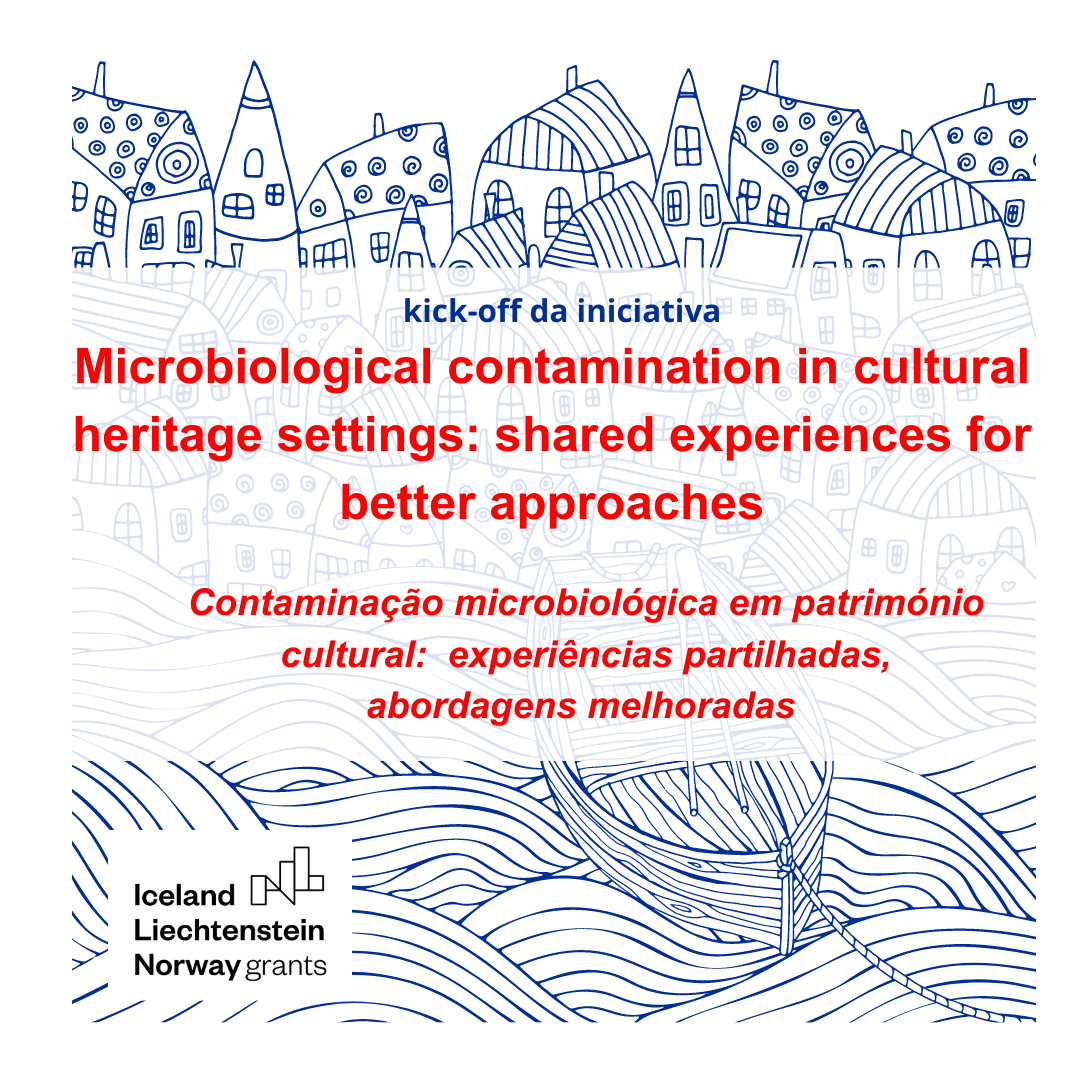Microbiological contamination in cultural heritage settings: shared experiences for better approaches
Microbiological contamination in cultural heritage settings

Promoter: NOVA.ID.FCT (Associação para a Inovação e Desenvolvimento da FCT)
Partners:HERCULES Laboratory
University Museum of Bergen
EEA Grants: 13 356,86 €
Total Amount: 14 840,96 €
Grace Code: PT-BI086
Programme:What did this initiative focus on?
This project aims to establish a network between Portuguese and Norwegian conservators and scientists dealing with biodeterioration of cultural heritage. This network will be built through the collaborative assessment of microorganisms (fungi and bacteria) in two Norwegian cultural heritage facilities: the Sea Trade Archive from the University Library of Bergen (STA-ULB) and the University Museum of Bergen (UMB).
STA-ULB is part of the UNESCO documentary heritage and uniquely documents the activity of companies that traded in stock fish in Norway and Europe (16th-20th century). These documents were used as a working instrument in the fishing industry and so were exposed to soiled and humid environments. Many are now seriously affected by fungi. Part of the Ethnographic Collection of UMB was exposed to fungal attack due to an accident in a cold storage facility. This collection consists of arctic garments made of fur, leather and skin and is by no means the only one that has endured such a problem.
Microbiological colonisation not only represents a health hazard, but also deteriorates organic substrates. This project will therefore join the efforts of experts on microbiological characterization and cultural heritage conservation. It will use state-of-the-art technology (Next Generation Sequencing, NGS) in an innovative approach that aims to identify the biological agents present both in the objects and in the surrounding environment, thus providing the institutions with information to better handle and prevent further biodeterioration.
Samples from STA-ULB will be analysed in Portugal, while samples from UMB will be studied in Norway. Teams will travel to each other’s countries and institutions for in-person networking, sharing of experience, and comparing of work methodologies aimed at the development of a joint protocol.
As a final upshot, an online seminar will be organized, enabling the partners to present their main findings and share them with the community.